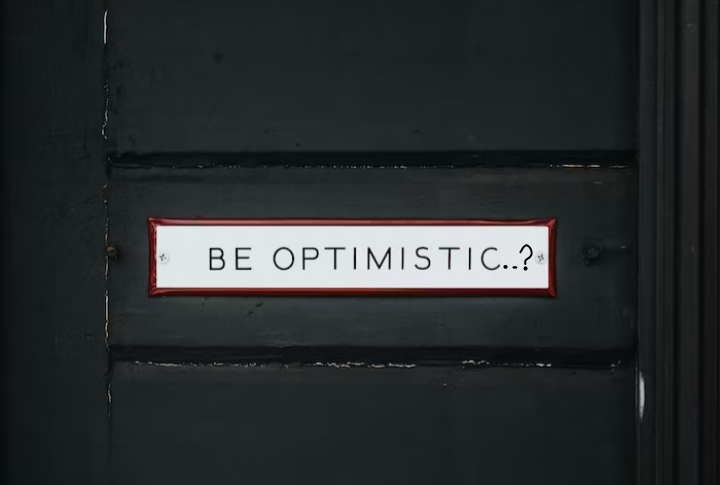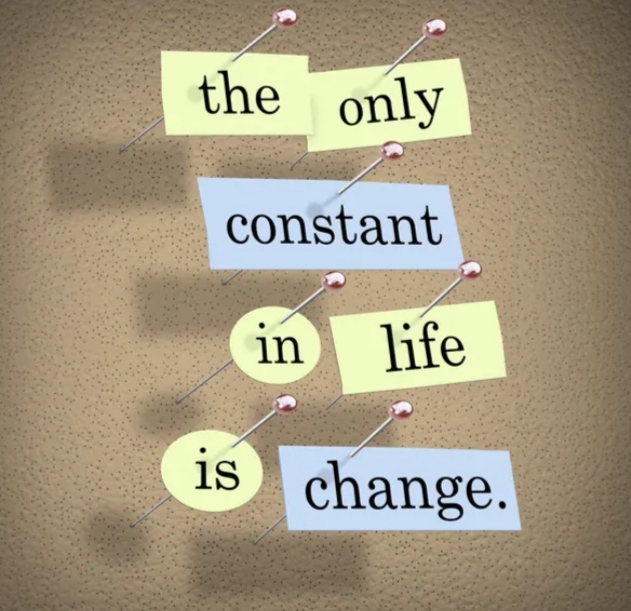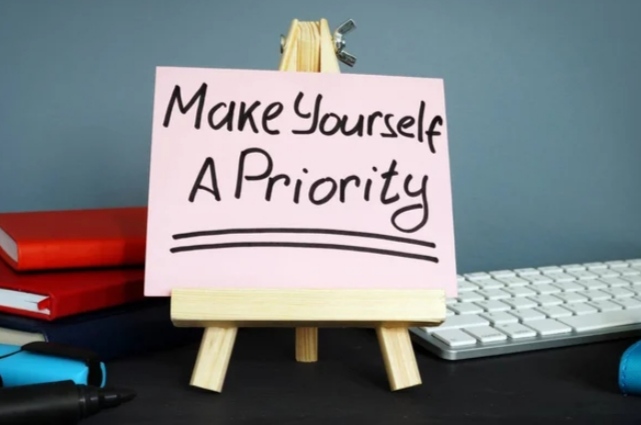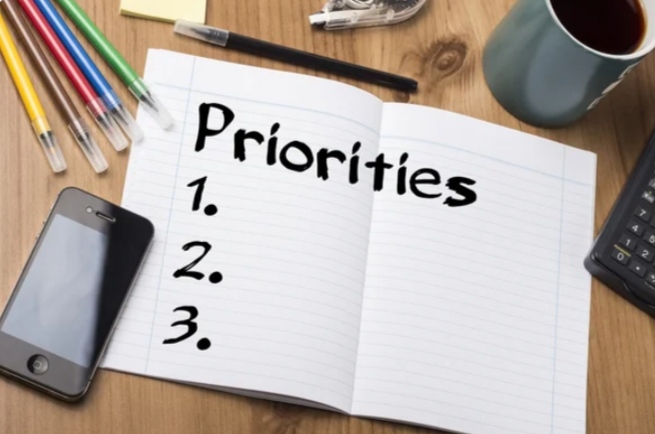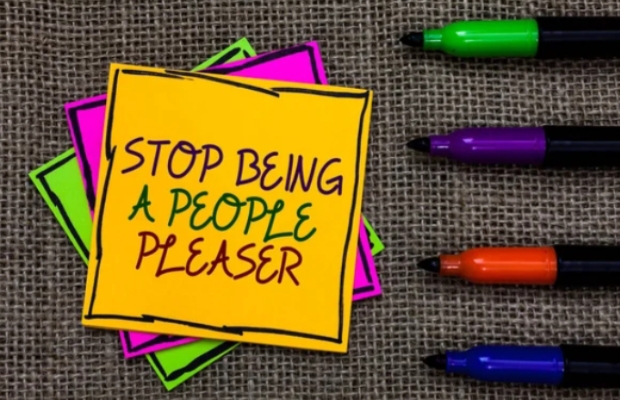
In today’s fast-paced and competitive world, the desire to be liked and accepted is deeply ingrained in many individuals. As social beings, it is natural for us to seek validation and approval from others. However, when this desire morphs into an obsession with people pleasing, it can have detrimental effects on our well-being and overall peace of mind.
People pleasing refers to the tendency of always putting others’ needs and desires before our own. This tendency of putting others first is often at the expense of our own happiness and well-being. It involves constantly seeking external validation, trying to live up to the expectations of others, and feeling an excessive need to be liked or accepted at all costs.
Although the intention behind people pleasing may seem noble, the consequences are far from beneficial. Here are a few reasons why people pleasing is not good for your peace:
- Sacrificing Authenticity: When you are constantly trying to please others, you are not being true to yourself. You’ll find yourself suppressing your own thoughts, emotions, and desires in order to conform to what others expect from you. This compromise on your authenticity can lead to a loss of self-identity and a sense of emptiness. It can cause inner turmoil and unrest.
- Constant Stress and Anxiety: The desperate need for approval and fear of rejection associated with people pleasing creates a perpetual state of stress and anxiety. The constant worry about whether we are meeting others’ expectations or doing enough to please them can be exhausting. It leads to a perpetual sense of inadequacy, not being good enough, and a fear of disappointing others. Such chronic stress can have serious implications on our mental and physical health.
- Neglected Personal Needs: People pleasers often prioritize the needs and desires of others over their own. This can lead to neglecting their own needs, dreams, and desires. By constantly catering to others and putting their needs first, they may lose sight of their own goals and aspirations. Over time, this neglect can lead to dissatisfaction, frustration, and a sense of unfulfilled potential.
- Strained Relationships: Surprisingly, people pleasing behavior can strain relationships rather than strengthen them. By sacrificing your own needs and desires to constantly accommodate others, you may build a foundation of resentment. In addition, when others constantly expect you to please them, they might take you for granted and may not value your efforts. This can lead to an imbalanced power dynamic and a lack of genuine connection with others.
- Missed Opportunities for Growth: By constantly seeking approval and being afraid of disappointing others, people pleasers often shy away from taking risks or stepping out of their comfort zones. They may avoid challenging situations or confrontations, compromising their chance for personal growth. This can lead to stagnation or a feeling of being stuck in life. Hence, this feeling of stagnation prevents the pursuit of their true passions and potential.
To break free from the grip of people pleasing, it is important to learn to prioritize your own needs, desires, and well-being. It doesn’t mean that you should disregard others, but rather find a balance between taking care of yourself and maintaining healthy relationships. Remember, your peace of mind and inner happiness should never be compromised for the sake of others’ approval.
Ultimately, true peace comes from living authentically, nurturing self-compassion, and being true to your own values and desires. By doing so, you will not only find personal fulfillment and peace, but you will also attract healthier and more fulfilling relationships based on genuine connection and mutual respect.









